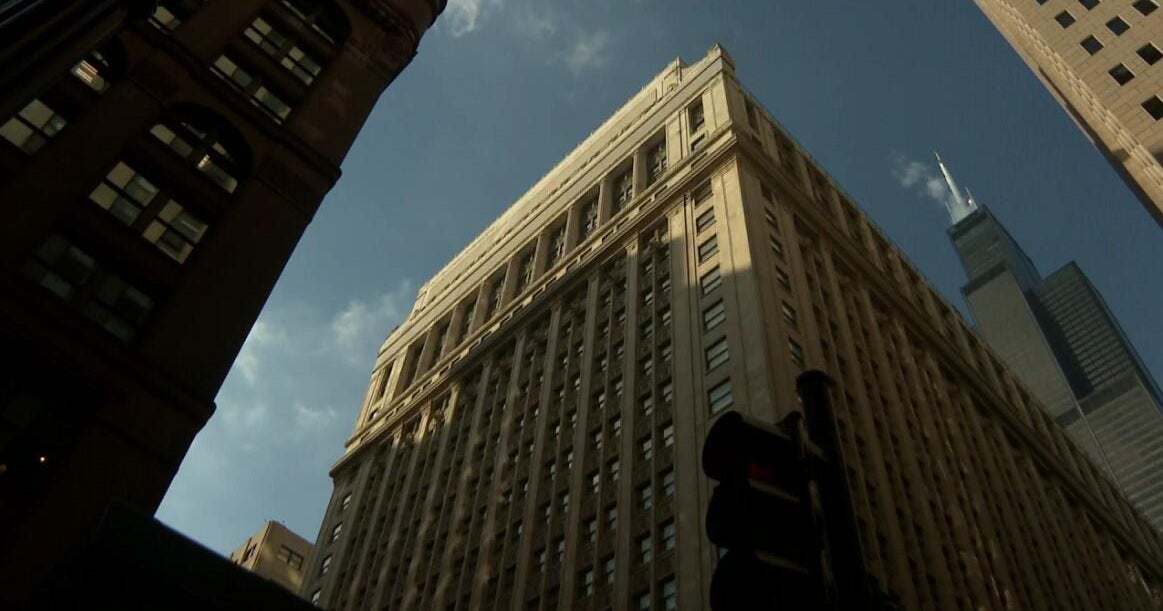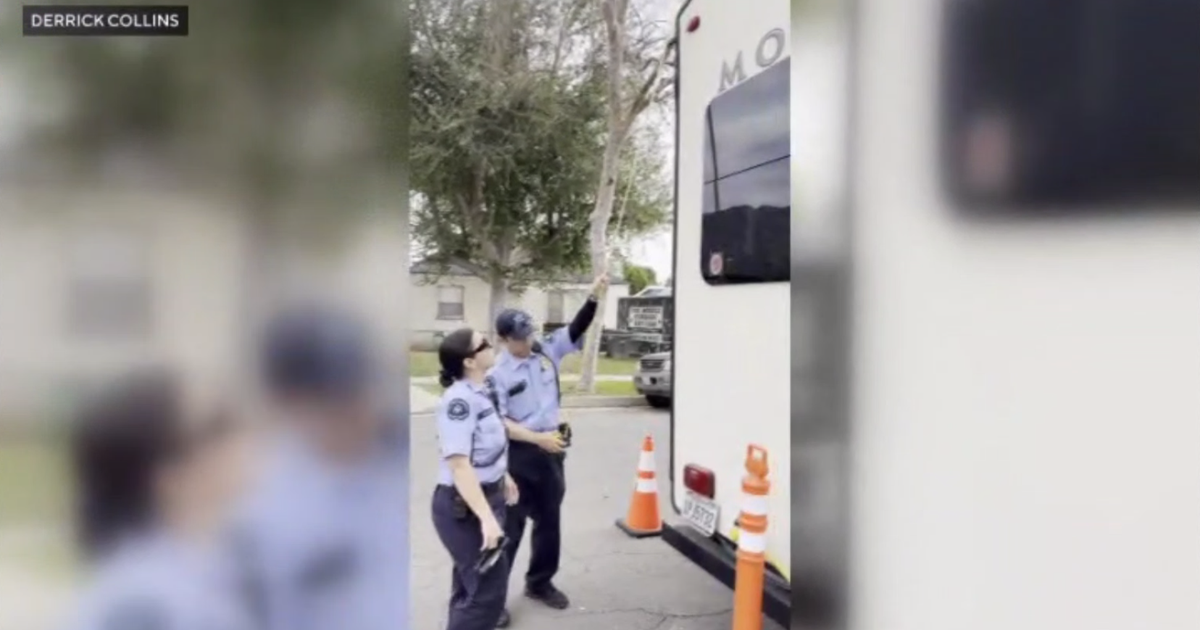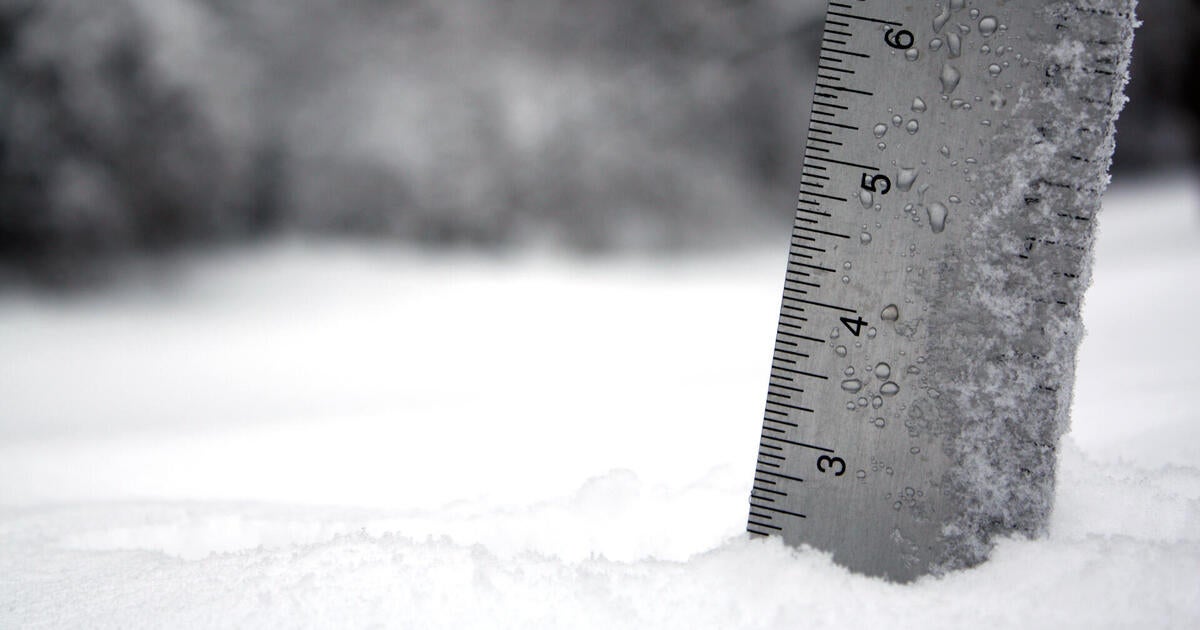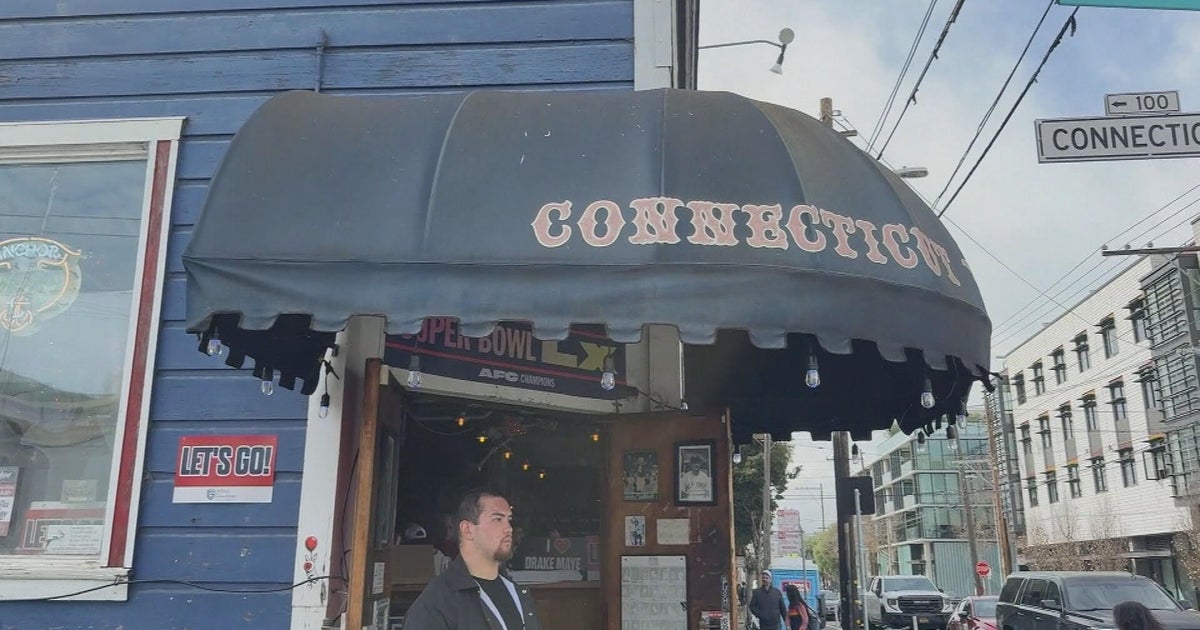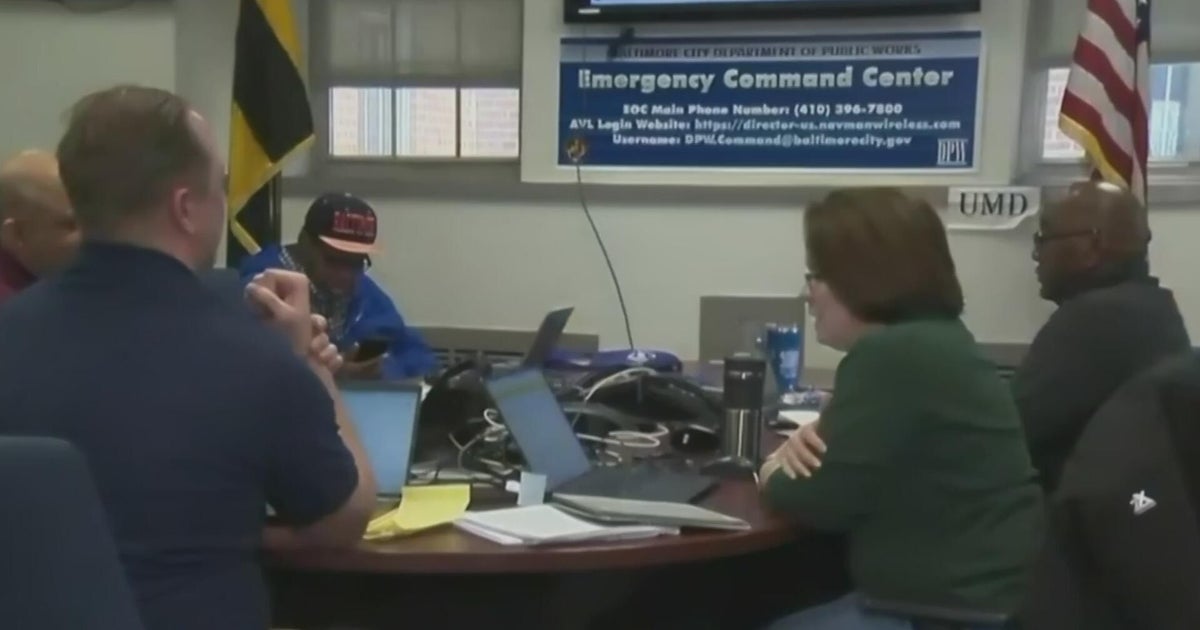Why is Chicago called the Windy City?
CHICAGO (CBS) -- We've been calling Chicago the Windy City as long as anyone alive today has been around – but just why do we do that?
You may think it's because of the wind that blasts through the caverns of the Loop on a bitter January day. Or you may have heard that it is not, in fact, the literal wind at all – and the real origin is a claim that a Chicago of a long-past era was full of windbags who were excessively boastful.
The answer might not be so simple either way.
If you do ask whether the Windy City moniker comes literally from Chicago's meteorological conditions, you might be quickly met with a rebuttal that Chicago is not exceptionally windy even among American cities.
A recent article by Weather Station Advisor notes that the windiest city in the U.S. – measured by average wind speed data from the National Centers for Environmental Information at NOAA – is Dodge City, Kansas, where the average wind speed is 13.1 mph.
But wait, you might say – only about 28,000 people live in Dodge City, Kansas. Well, it happens that Boston outranks Chicago too – coming in at No. 11 with average wind speeds of 11.5 mph. Chicago's average wind speed is 9.9 mph, according to the article.
But that doesn't prove anything about what explanation is correct for why Chicago is called the Windy City, does it now? Those figures aren't from the 19th century when the term originated.
Perhaps the most popular explanation when it comes to a metaphorical reason for the Windy City name stems from a backhanded published remark supposedly made by Charles Anderson Dana, editor of the New York Sun. Dana allegedly expressed his annoyance with the boastful Chicagoans talking up Chicago's bid for the 1893 World's Columbian Exposition by writing: "Don't pay any attention to the nonsensical claims of that windy city. Its people could not build a World's Fair even if they won it."
But as many sources point out, there is no record of Dana writing such words. Indeed he did pen a thoroughly insulting disparaging editorial about Chicago, but the term "windy city" was nowhere to be found.
As reproduced by the Chicago World's Fair history website, Dana put down Chicago's air as leaving "a soft, vexatious savor in the mouth and fill(ing) the lungs without satisfying them," Chicago's cattle as "vastly inferior in substance and quality to the well-born, well-nourished herds that devour the Eastern grasses," Chicago's horses as "weedy and leggy," and even the smoke in Chicago's air as being inferior – having some quality that "plainly distinguishes it from the good honest fume breathed by other than Chicago furnaces."
But again, Dana did not write anything about Chicago being a "windy city" there.
In point of fact, as Chicagology points out, the term Windy City as a nickname for Chicago was appearing in the pages of the New York Sun well before Dana's alleged use of the term.
So if that wasn't why Chicago became known as the Windy City, just what is the explanation?
Chicagology points out that in the late 19th century, Chicago was embroiled in a bitter rivalry with Cincinnati. The latter city had been known for its meatpacking industry and was nicknamed Porkopolis – until Chicago surpassed Cincinnati in meat production in the early 1860s and appropriated the Porkopolis nickname, according to the publication.
The people of Cincinnati were not pleased about this. And it happened that references to the Windy City – with an insinuation of boastful bluster – soon started appearing with reference to Chicago in Cincinnati publications.
As cited in a 1999 edition of the mysterious Cecil Adams' column "The Straight Dope," etymologist Barry Popik found references to Chicago as the Windy City dating back to 1876 – all from the Cincinnati Enquirer.
The oldest, from May 9, 1876, read: "THAT WINDY CITY. Some of the Freaks of the Last Chicago Tornado."
Another Cincinnati Enquirer reference from Jul 17, 1880, read: "Maud S and Dream were shipped to Chicago last night in a special car, the property of W. H. Vanderbilt. Both nags were in apple-pie condition, and will give a good account of themselves in the Windy City," according to "The Straight Dope."
So why do we call Chicago the Windy City? We may never know for sure. But if you want to know how windy it's going to be in Chicago tomorrow and during the week to come, you can find out with CBS 2 First Alert Weather.

